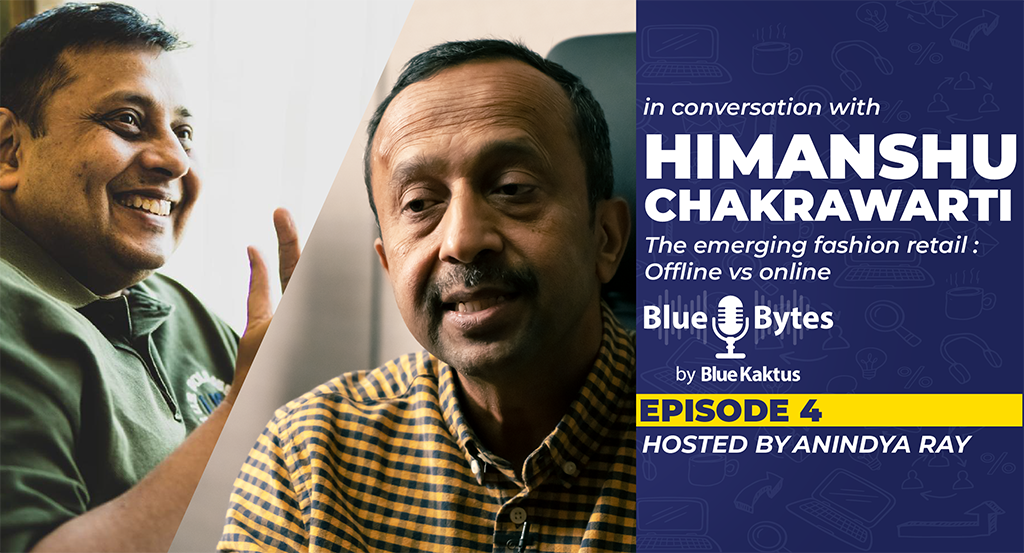Many Procurement professionals remain confounded by the question;
How much legal skills should they have and how much is just enough for them to be able to successfully negotiate a great contract for their organisations?
The answer in their minds, wildly swings between two extremes,
- on one end - some procurement organisations completely distance themselves off with anything to do with changes in legal clauses, passing on the baton in entirety to their legal counterparts and dusting their hands off with anything to do with legal –
- on the other – some procurement organisations get paranoid and get “lawyered-up” i.e. make it a precondition to hire only lawyers as procurement professionals. Or, in some cases non-lawyers in such organisations go on an unending quest to become legal Subject-Matter-Experts (SMEs) themselves.
Both the above-mentioned approaches, are fraught with risks for the organisation in question.
- With the first approach, the organisation may end up hiring and creating an overqualified and mismatched talent pool that may not be entirely procurement focussed, eventually causing an unwanted attrition problem OR the procurement department itself becoming over bureaucratic with more than required legal oversight on every proverbial word.
- The second, may create unwanted self-righteous vigilantes in the system committing hara-kiri with vendors, self-assured that they are the only ones standing between the organisation’s contractual death and destruction. This approach too, might end up choking organisational bandwidth and churning contracts without required professional legal due-diligence.

The ideal approach, may lie somewhere mid-way and may be surprising to some – Collaboration!
Let me elaborate, each one brings their unique skillsets to the table, i.e. Procurement – Understanding of business requirements, critical nature of services, budget constraints, vendor universe, supplier relationship, SLA requirements, renewal terms, stakeholder relationship management, analytics, front ending negotiations etc. – where as Legal provides – lawyer to lawyer talk, adherence to the law of the land, legal fine print, legal obligations & responsibilities of each party, recitals, removal of any contractual ambiguity, insurance, intellectual property & copyright clauses, confidentiality, etc.
Let there be no ambiguity, that during the pre-contract signature phase the “contract negotiations owner” should be Procurement, however Legal should remain the “contract owner”. Post signature, the ownership may move to any of the following – Business, Legal, Contract Management, Vendor Management, etc. as per published policy.
Now, the procurement contact leading the negotiations has to ensure that they understand all the contractual clauses in layman terms, what they mean in operational terms, and if they are in favour or against. If, the “legalese” i.e. complex legal terms are too difficult to understand; procurement should seek legal advice to understand the underlying meaning, provide alternate terms back to legal to help them update/redline the required clauses in appropriate legal terminology before being sent to the vendor for their review/acceptance. This process, when followed iteratively while negotiating contract clauses through to finalisation assures a superior outcome. Some efficient legal departments, even employ paralegals to help and provide an internal collaborative approach and pull in required advice/SME from other risk assessment groups i.e. Information Security, Corporate Security, Business Continuity Planning, Insurance, etc. that ensures that the contractual paperwork finalised is legally & operationally sound and the organisation’s exposure to risk is minimised.
To summarise, while procurement professionals themselves do not have to be subject matter experts on legal matters, at the same time they cannot afford not to understand them or hide behind excuses i.e. “it’s not my job”.
It’s important that they become aware of what specific contractual clauses/areas they do not understand and then seek professional SME advice of that area to understand the issue in layman terms, then work to come up and respond with favourable alternative(s) language to be negotiated in.
In the end, any procurement professional should be able to understand the entire contract, know its critical strengths and weaknesses intimately as this knowledge is of utmost importance during ambiguous times in the relationship.
RELATED TOPICS:#Legal,negotiations,Gaurav Kumar
Leave a comment
Our email address will not be published. Required fields are marked *







3 Comments
Can i buy cialis without a prescriptionOct 21, 2023 at 01:52 am
Do you have a spam issue on this site; I also am a blogger, and I was curious about your situation; many of us have developed some nice procedures and we are looking to trade strategies with others, please shoot me an e-mail if interested.
JortifeOct 13, 2023 at 01:21 am
Many family members of patients with a VAD are trained in emergency procedures, and EMS should consider transporting them in the same vehicle if feasible propecia pills for sale The primary goals of fibroid treatment are
Cialis 5 mg best price usaSep 23, 2023 at 21:15 pm
Excellent weblog right here! Additionally your site a lot up very fast! What host are you using? Can I am getting your affiliate link to your host? I want my site loaded up as fast as yours lol